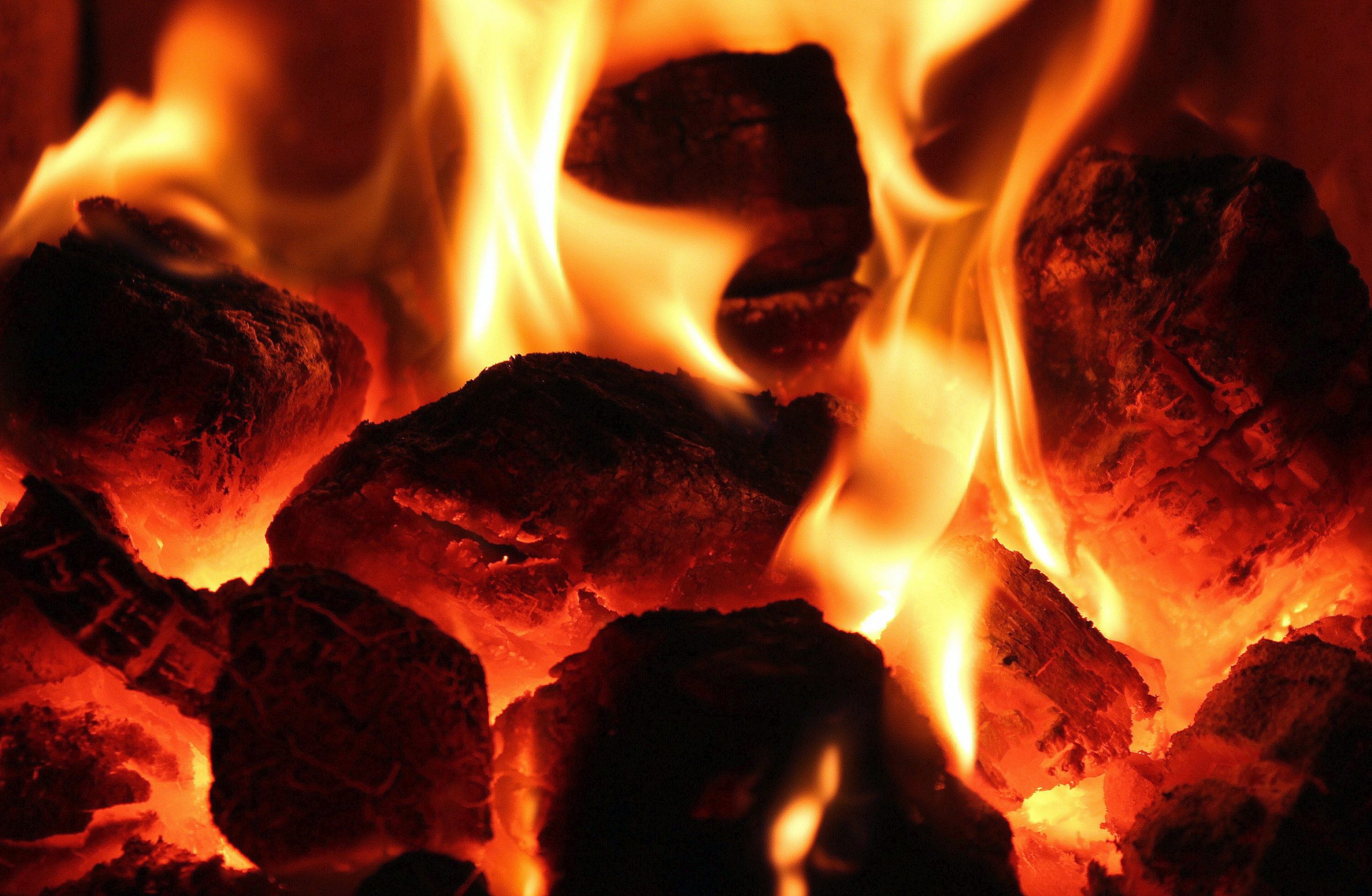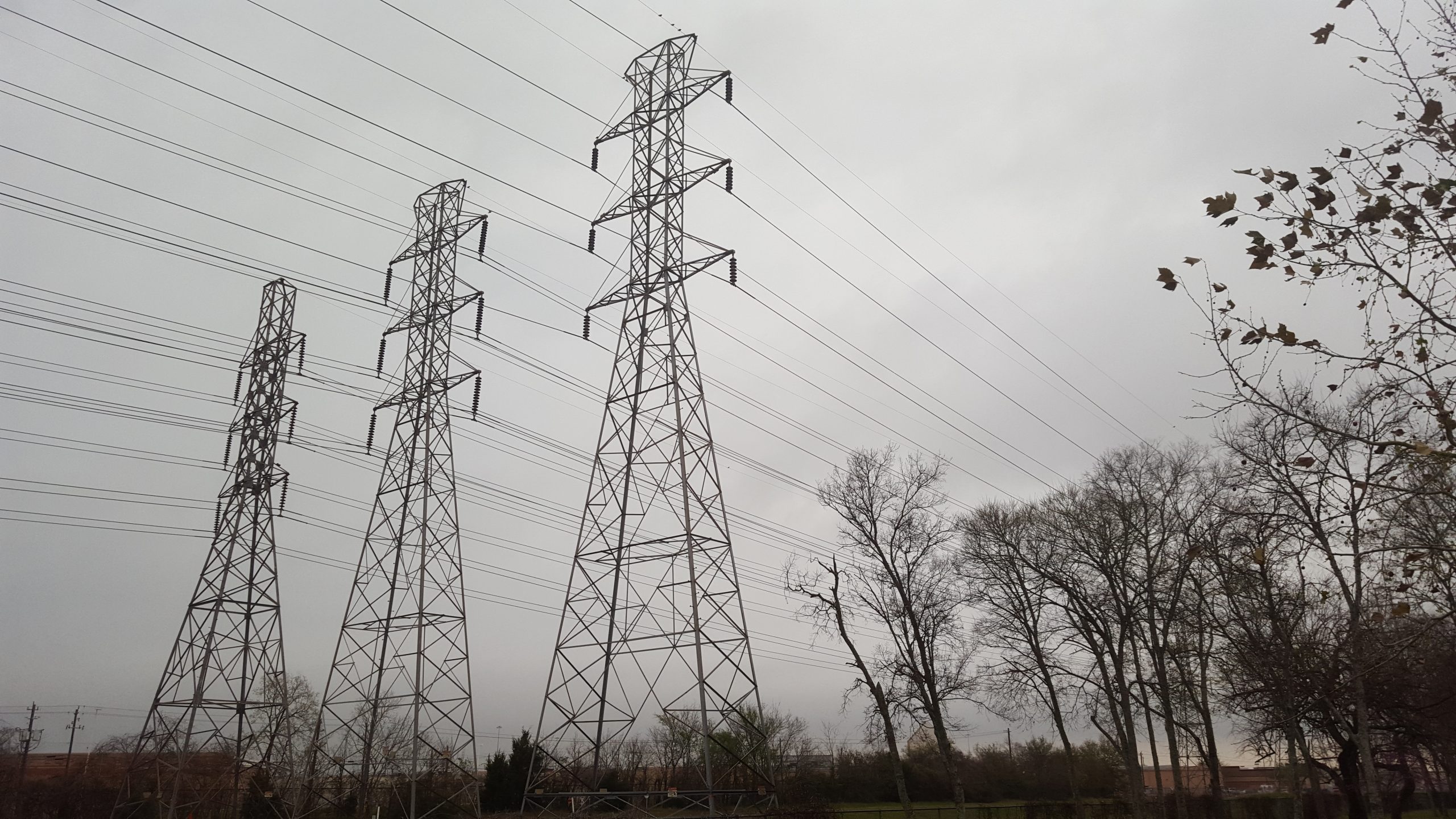
When should we ban the burning of solid fuels in our homes?And how resilient is Ireland’s energy system to changing weather?
The ‘Green Scene’ Series on Newstalk is a weekly update on energy and environmental matters with Pat Kenny and MaREI Director Brian Ó Gallachóir.
On February 24, 2020 Prof Ó Gallachóir discussed when should we ban the burning of solid fuels in our homes? Listen HERE

When should we ban the burning of solid fuels in our homes?
- Consultation is underway to seek views on how to regulate the use of solid fuels in our homes
- Burning solid fuels is estimated to cause about 1,300 deaths per year in Ireland due to air pollution
- It could be much worse – the introduction of the “smoky coal ban” in Dublin in 1990 has resulted in approximately 350 fewer mortalities per year
- Currently, all major cities and towns (in excess of 10,000 residents) are covered by smoky coal bans
- The Government has already committed to a nationwide ban on smoky coal and is now considering other solid fuels.
- Banning solid fuels makes sense for environmental reasons, but what is the full impact on health?
- Fuel poverty also kills people so we need to be careful of unintended consequences
- Cold weather and fuel poverty is estimated to have caused 2,800 deaths (excess winter mortality) in 2015 (on an All-Island basis)
- About 180,000 homes use solid fuels as their main source of heating
- In Ireland, about 400,000 households are in receipt of fuel allowance to support them with their heating bill.
- A concerted effort to fund insulation and alternative clean heating systems can address fuel poverty and environmental concerns
- The Warmer Homes Scheme was allocated €52 million in 2020 and doubled (€109 million) in 2021 – could do about 3,000 homes
- However, prior to the pandemic, the waiting list from application to completion of works was between 18 and 24 months
- Very important to accelerate measures to address fuel poverty when considering the timing of a solid fuel ban

How resilient is Ireland’s energy system to changing weather?
- As Texas recovers from electric power cuts, it’s worth reflecting on the resilience of Ireland’s energy systems for changes in weather
- The first two weeks in January are interesting to examine, because we had very cold weather combined with low levels of wind
- So how did we do?
- The level of wind energy varied significantly over this two week period providing just 6% of our electricity needs on Jan 6 and up to 60% on Jan 11
- Our power system responded very well due to the measures that have been put in place by EirGrid to ensure resilience
- The key system flexibility is supplied by ability of our natural gas power plants and our electricity interconnection to respond to changes in demand and changes in weather
- On the day we had low wind (Jan 6), 67% of our electricity came from natural gas plants. When we had lots of wind, we could turn this down to 24%.
- Because it was cold however, we also needed more gas than usual for heating, in our homes, hospitals, shops and other buildings.
- The gas system was able to cope with this increased heating demand, in addition to the increased use of gas for electricity generation
- What happened in Texas brings home to everyone the importance of resilience in our energy systems
- It also highlights the interconnected nature of electricity and gas (and indeed water)
- While we mostly take it for granted that electricity will come on when we flick a switch and heat is available when we need it …
- … it only happens because our electricity and gas systems are resilient, as demonstrated in the first two weeks of January.
The REthink Energy series featuring Green Scene is supported by ESB and The Institute of International and European Affairs.



